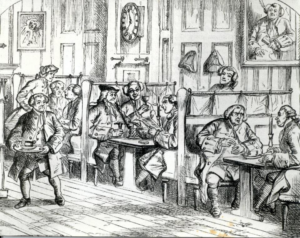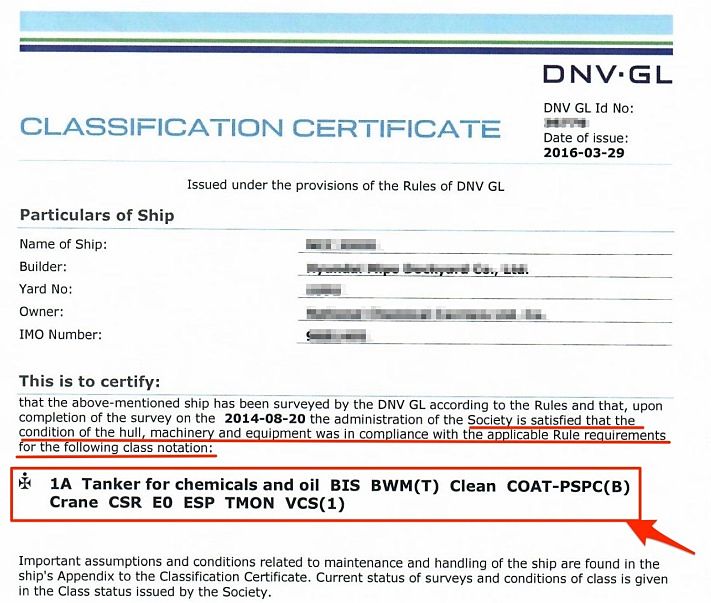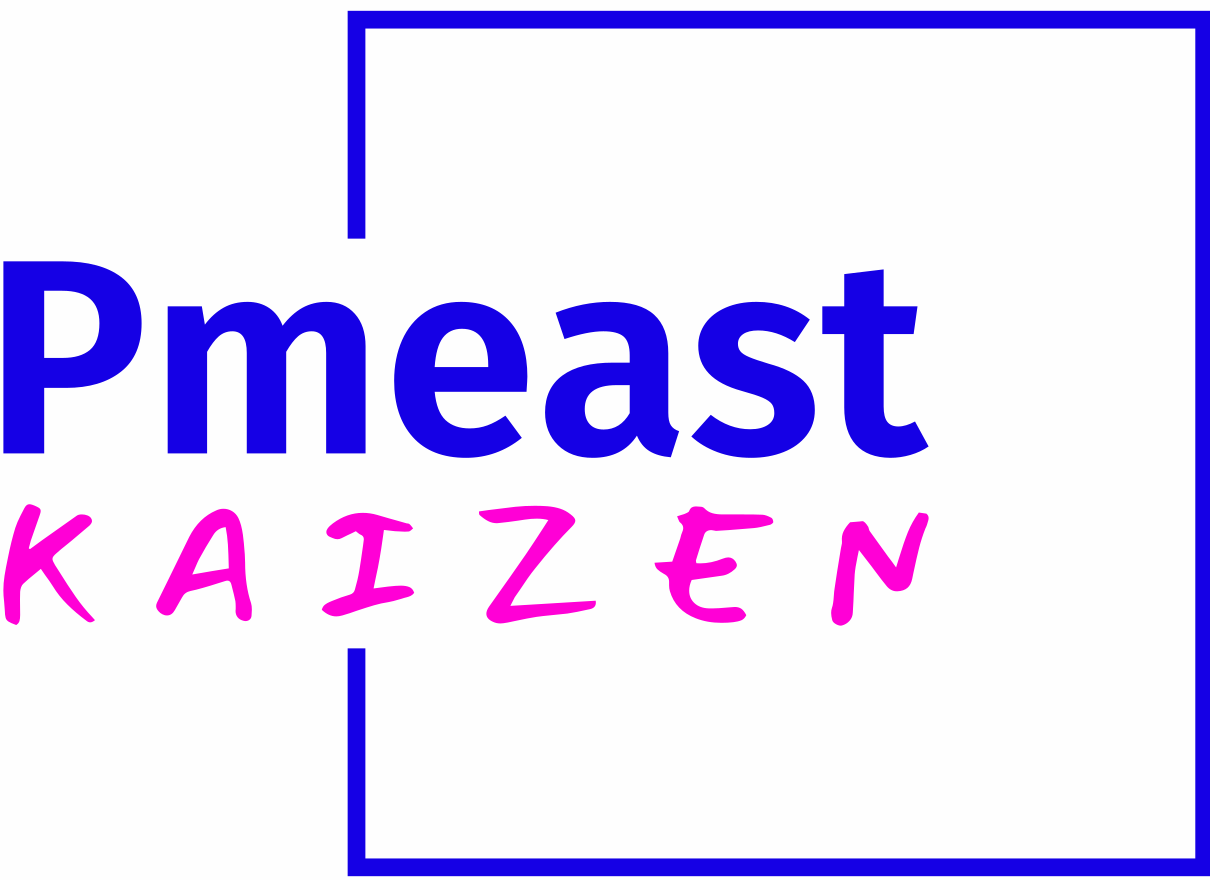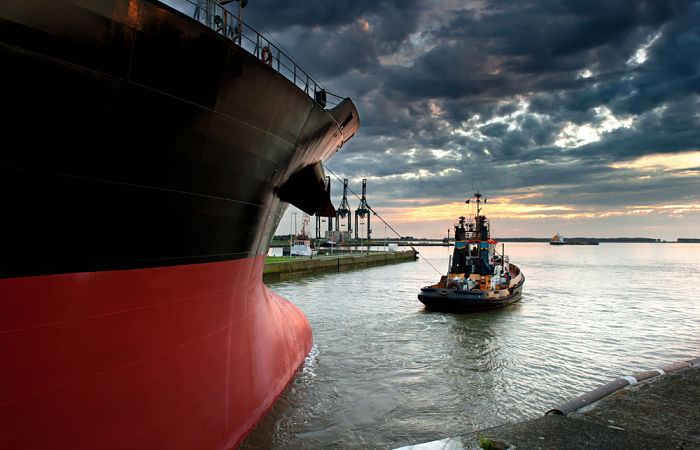 Almost every offshore construction vessel, barge, or floating object must have classification and
Almost every offshore construction vessel, barge, or floating object must have classification and
registration certificates of compliance to the rules and regulations as dictated and published by the
classification society and country of registration.
Classification is normally required for the vessel to qualify for marine insurance, to obtain bank loans, and to comply with the operator’s contract requirements. Classification began as an indication of seaworthiness and vessel condition in the late 1700s in
England. Edward Lloyd, proprietor of Lloyds Coffee House in London, started to circulate lists giving details of vessels which might appear for insurance. In 1764, the first register of ships was published by insurers and insurance brokers. As the class movement developed in the nineteenth
/century, the role of classification societies changed from grading ships to setting the standards to
which ships should be built and maintained (Stopford, 2004). Other classification societies were
subsequently set up in other countries, such as the American Bureau of Shipping, which was incorporated.
In 1968, the International Association of Classification Societies was established, and in 2020
the major classification societies are American Bureau of Shipping, Bureau Veritas, Der Norske
Veritias, Lloyd’s Register, and Nippon Kaiji Kyokei. Classification societies are privately owned
for-profit companies that work closely with, but independent of, government bodies.
Today, the main job of classification societies is to set the standards for establishing that a vessel is properly constructed and in good condition. Classification societies have no legal authority,
however, and they compete with each other to offer services to vessel owners. Rules need continuous updating to reflect changes in marine technology. Societies apply the rules adopted to vessel
construction and operations in a three-step procedure:
- Technical plan review. The plans of the vessel are submitted to the classification society for
inspection, and to ensure that the design conforms to the rules. - Construction surveys. During construction, surveys are performed to verify the approved plans
are implemented and good workmanship practices are employed. - Periodic survey. To maintain classification, periodic surveys are performed for the maintenance
of class. As vessels grow older, the scope of inspection widens to cover areas that are
vulnerable to aging.
Registration refers to the country of home port for the vessel. Each country of registry has rules
and regulations focused on safety, communication, lifting and cargo gear, pollution, and pollution
containment. Each registry has different rules and regulations, and the most popular registries are
Panama, Liberia, and the Marshall Islands. The United States, England, Norway, and other industrial countries are not common registries because of their more complicated rules, regulations, and staffing requirement
Ref: Offshore Pipeline Construction Industry , 2020 .


